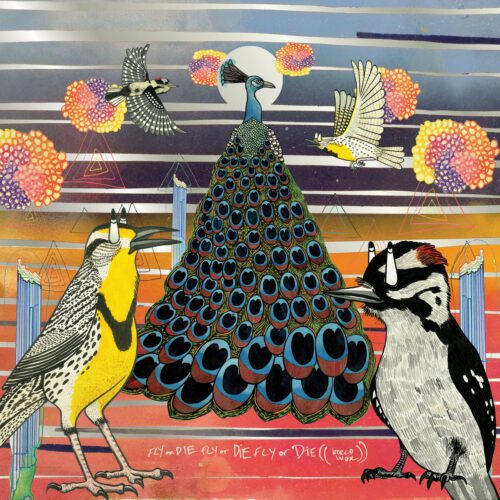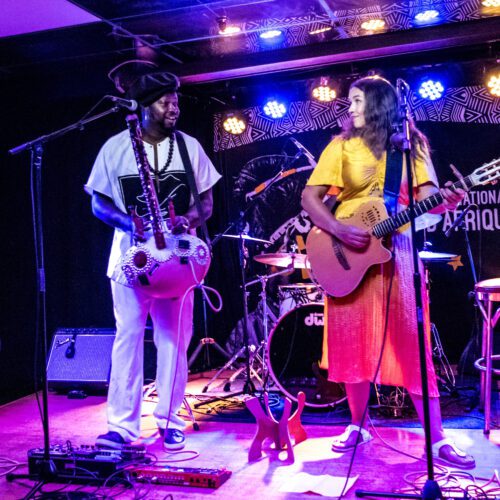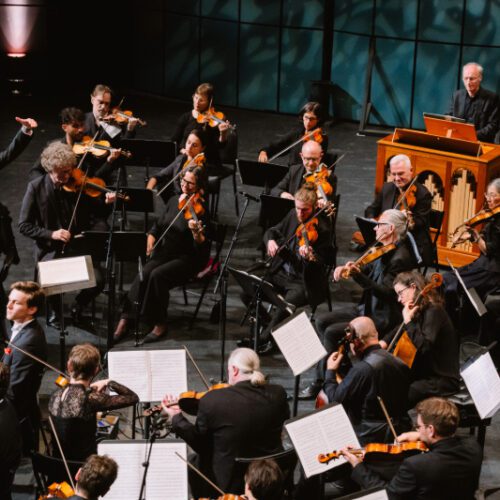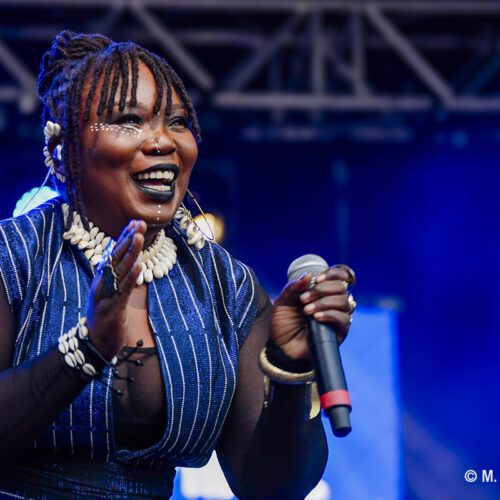In a poignant and deeply resonant offering from International Anthem, the late trumpeter Jaimie Branch reasserts her musical prowess and cements her legacy with the posthumous release of Fly or Die Fly or Die Fly or Die ((world war)). Continuing her trailblazing journey with her Fly or Die quartet, Branch’s third and final opus stands as an audacious culmination of Branch’s exploration, an album that defies categorisation while beckoning listeners into her all-encompassing sonic universe.
With the prelude-like “aurora rising” the album quickly envelops you in its strange and wonderful world, and perhaps the most salient aspect of this album is just how strange and wonderful that world is. As the liner notes reveal, “Jaimie never had small ideas. She always thought big. The minute you told her she couldn’t do something, or that something would be too difficult to accomplish, the more determined and focused she became. And this album is big.” It certainly is, and as the album progresses it is never clear what you can expect going forward, and that is a truly delightful feeling. Wait till you get to “the mountain”.
Still there is something here that ties it all together, a raucous big band energy that flows through the record that invites comparison to iconoclastic band leaders like Zappa and Mingus. “burning grey” showcases a musical conversation that extends well beyond the ambit of jazz, with plenty of punk, folk, country, afrobeat, indie-rock, and avant-garde influences coming through. With Branch’s melodious yet deadpan vocal delivery the end result sounds more like Sonic Youth than anything else, and much like a Sonic Youth record this album’s expansive soundscape is punctuated by raw vulnerability and uncompromising boldness.
“baba louie” marks the album’s apex for me, a joyous and soaring expedition which brings to mind the music of Penguin Cafe Orchestra in scope and feeling. As the plaintive and surreal notes of “world war ((reprise))” fade into silence, the bittersweet realisation awaits that this album not only represents the culmination of Branch’s creative journey but also the end. Her willingness to embrace the complexities of the human experience, to address political and social issues, and to make music without fear or constraint exemplifies the kind of artist she was.
























